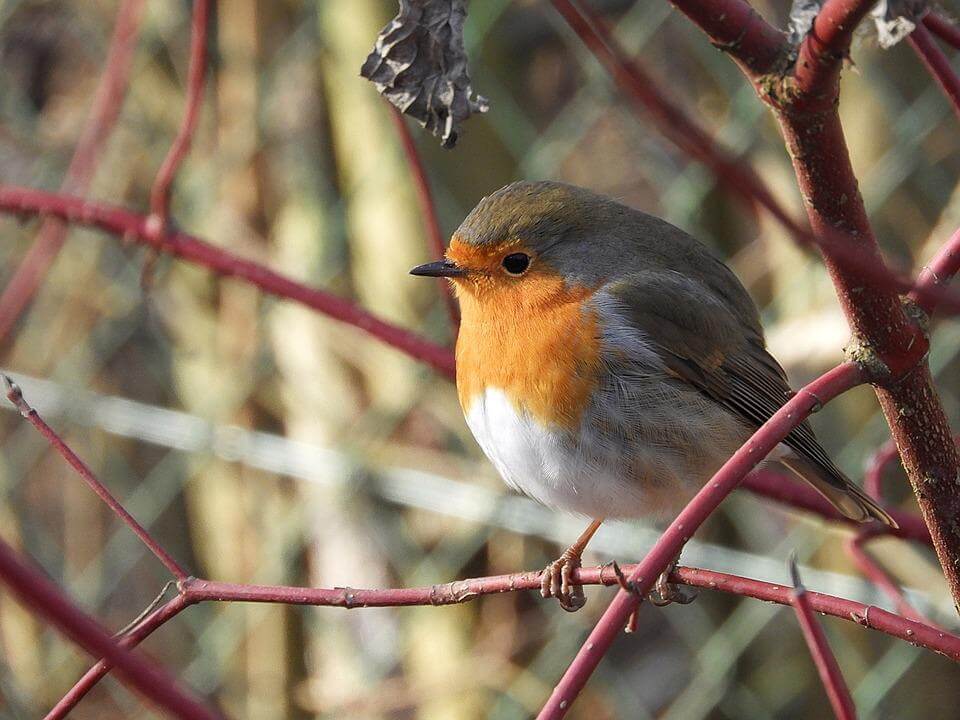
Why Are Songbirds Important?
Share
In the enchanting realm of nature, songbirds emerge as the unsung heroes, orchestrating a symphony that transcends mere melodious tunes. These feathered maestros play a crucial role in maintaining the delicate balance of our ecosystems.
First and foremost, songbirds are nature's gardeners, wielding the baton of seed dispersal. As they traverse vast landscapes, these avian virtuosos inadvertently sow the seeds of diverse flora, ensuring the proliferation of plant life. This not only contributes to the vibrant tapestry of our surroundings but also aids in the restoration of ecosystems.
In the insect-ridden landscapes, songbirds become the valiant guardians, offering an unparalleled pest control service. Their voracious appetite for insects helps to keep populations in check, preventing unchecked infestations that could wreak havoc on crops and other plant life.

Moreover, songbirds partake in the intricate ballet of pollination, facilitating the reproduction of countless plant species. This dance of nature ensures the creation of fruits and seeds, essential for the continuity of various ecosystems and the sustenance of numerous other species.
As champions of nutrient recycling, songbirds complete the ecological ensemble. Their droppings enrich the soil with essential nutrients, fostering a cycle of renewal that sustains the vitality of the entire ecosystem.

In essence, songbirds are not just enchanting singers; they are indispensable players in the grand symphony of nature, contributing to seed dispersal, insect control, pollination, and nutrient recycling. Their presence in our world is not just a melodious delight but a vital thread in the intricate web of life.
Written by Angela.
